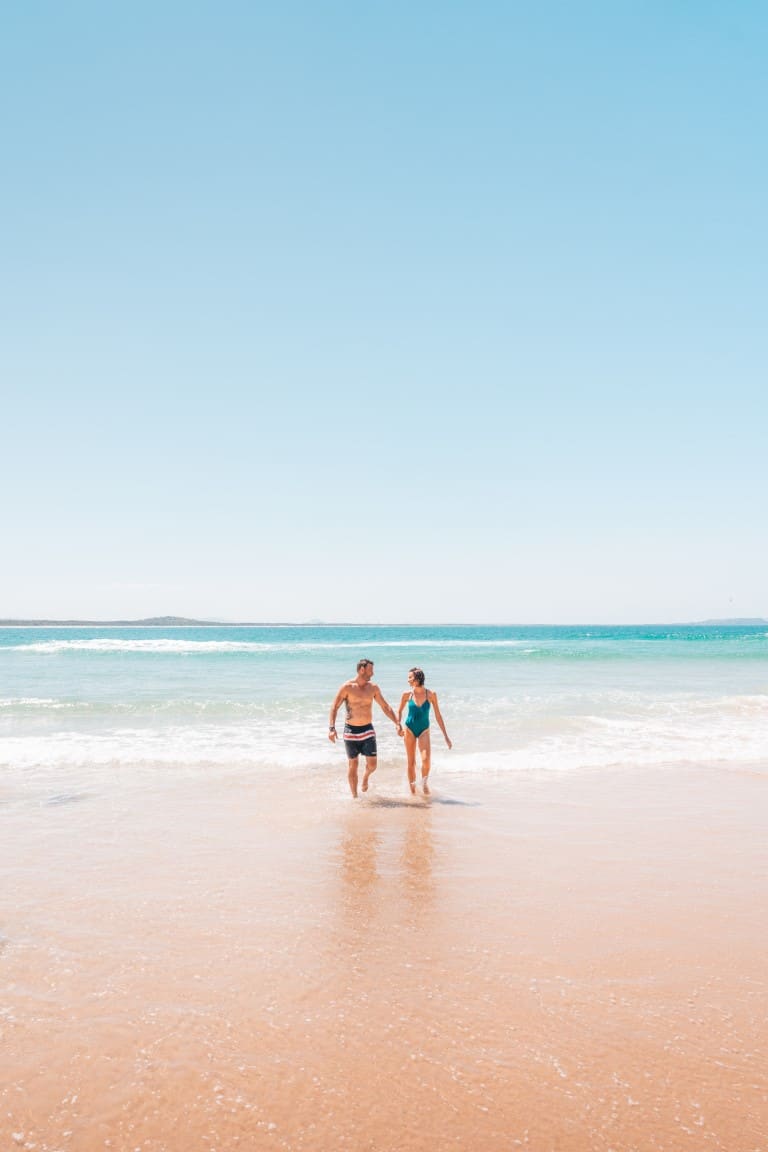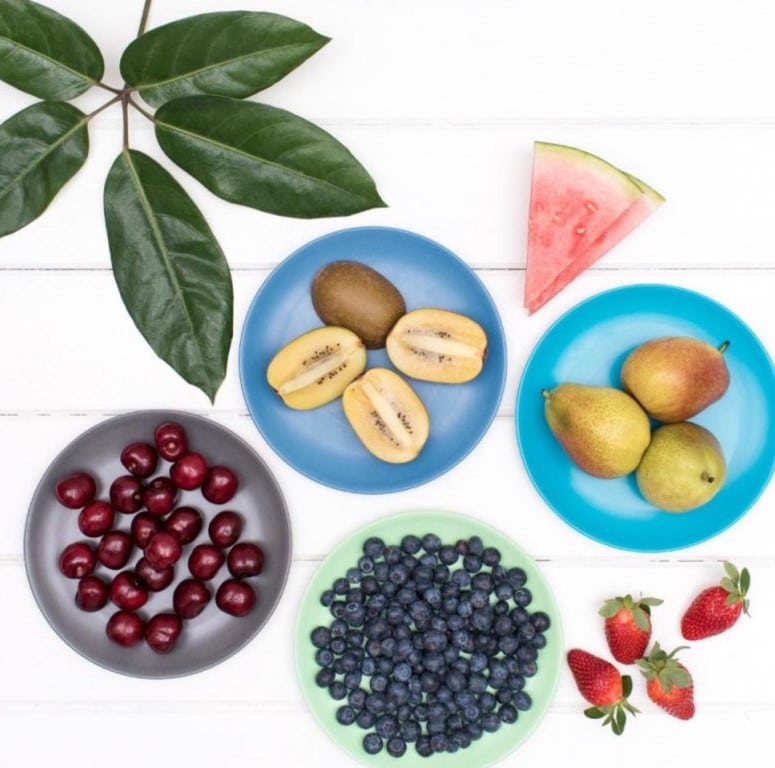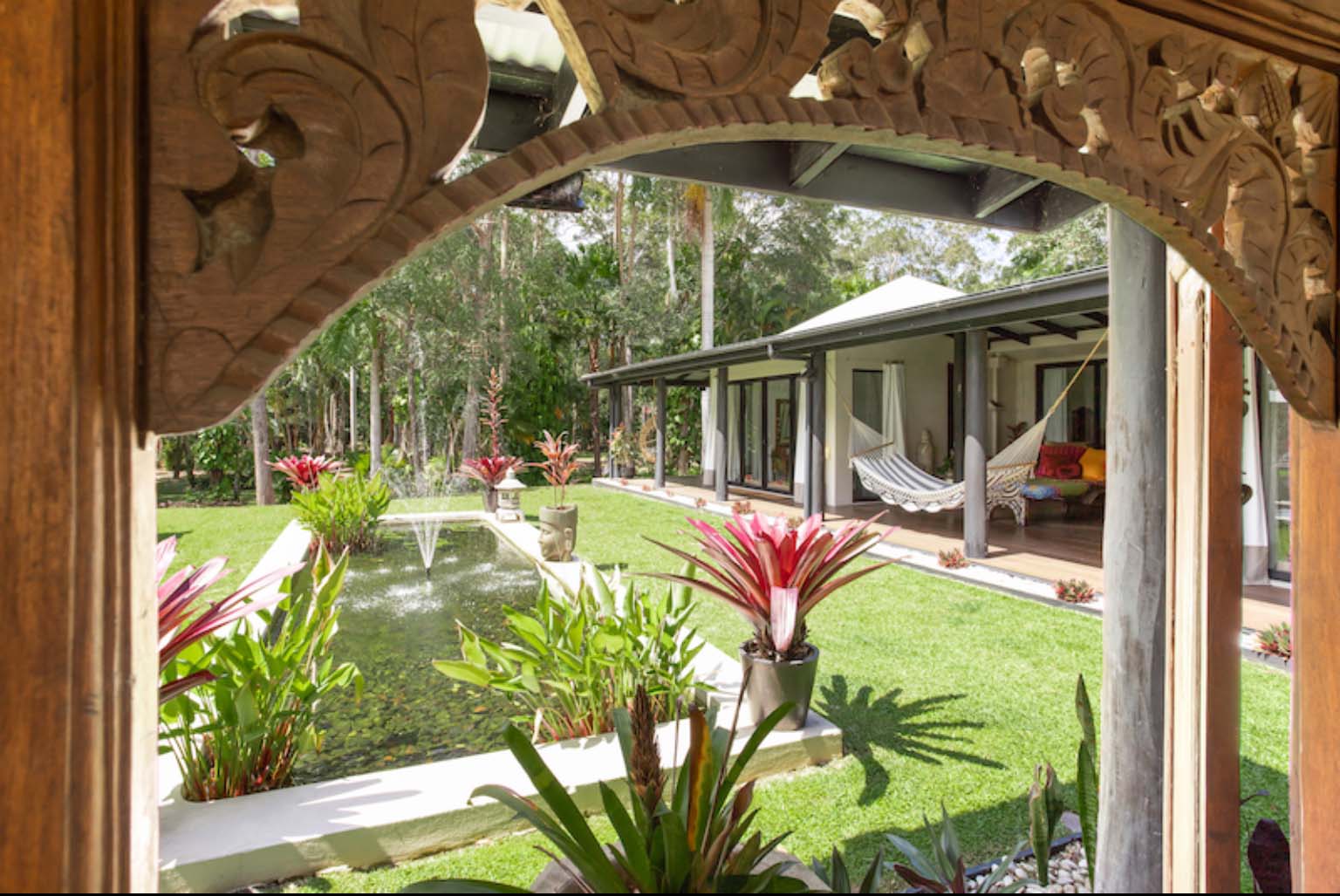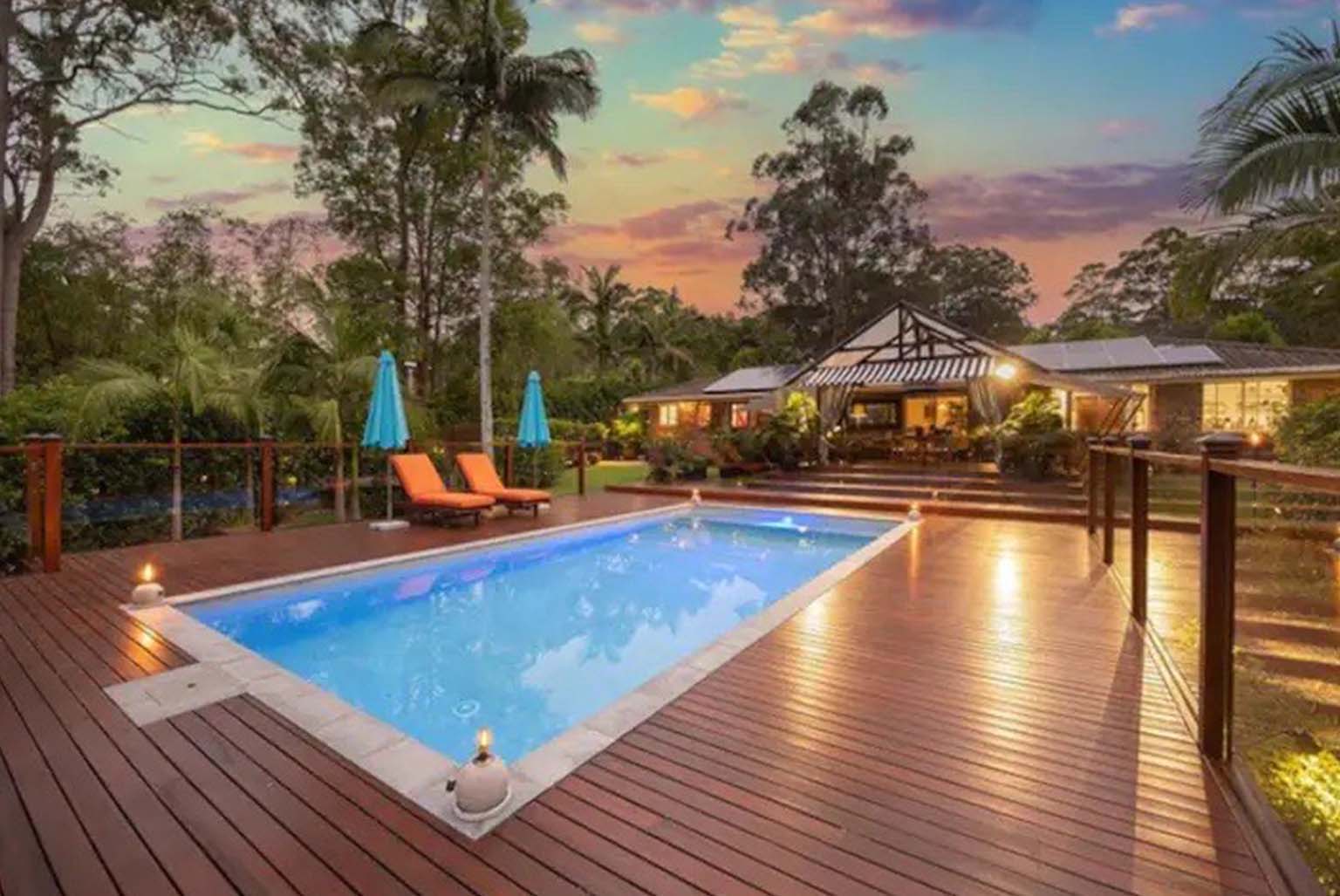The wellness industry has undergone significant changes in recent years, driven by a growing awareness of the importance of health and wellbeing. High end clients are choosing to experience health-related activities in some of the World’s major cities in place of going to restaurants and bars. These luxury facilities are becoming a place for socialisation and reflection, especially since the Covid pandemic restrictions have eased.
Some of the notable changes in the industry include offering a Holistic Approach, recognising that wellness is not just about physical health, but also about mental, emotional, and spiritual wellbeing. This has led to a greater focus on practices such as mindfulness, meditation, and yoga.
The industry is becoming more personalised, with a focus on tailoring wellness plans and products to individual needs and preferences. This has been made possible by the rise of data analytics, wearable technology, and other digital tools that can track and analyze individual health metrics.
The wellness industry has been transformed by digital technology, with an explosion of wellness apps, online courses, and virtual coaching services. This has made wellness more accessible and affordable for many people.
The industry is increasingly recognising the importance of mental health and the need to address stress, anxiety, and other mental health issues. This has led to a greater emphasis on practices such as mindfulness, meditation, and therapy.
The industry is also becoming more focused on sustainability, with a growing awareness of the environmental impact of wellness products and practices. This has led to a greater emphasis on eco-friendly products, sustainable packaging, and ethical sourcing.
Overall, the wellness industry is evolving to become more inclusive, holistic, and personalised, with a greater focus on mental health, sustainability, and digital transformation.
People go on retreats for a variety of reasons, but some common motivations include:
Self-Reflection, with the opportunity to step away from the hustle and bustle of everyday life and reflect on one’s personal goals, values, and priorities. By disconnecting from technology and other distractions, people can gain clarity and insight into their lives and make more intentional choices.
Relaxation and Rejuvenation: Retreats often offer activities such as yoga, meditation, and spa treatments, which can help people relax, de-stress, and recharge their batteries. This can be especially important for people who lead busy and stressful lives.

Learning and Growth: Many retreats offer workshops, classes, and other educational opportunities, allowing participants to learn new skills or deepen their knowledge in a particular area. This can be especially appealing for people who are interested in personal or professional development.
Community and Connection: Retreats can provide an opportunity to connect with like-minded people and build new relationships. This can be especially valuable for people who feel isolated or disconnected in their everyday lives.
Spiritual Exploration: Some retreats have a spiritual or religious focus, providing an opportunity for participants to explore their beliefs, connect with a higher power, or deepen their spiritual practices.
Overall, retreats offer a chance to step back from the demands of everyday life, connect with oneself and others, and engage in activities that promote relaxation, growth, and wellbeing.
The type of food served on retreats can vary widely depending on the focus and location of the retreat. However, many retreats prioritize healthy and nourishing meals that support the wellbeing of participants.
Common meals can be plant-based, gluten free, organic and local. Education and preparation can be learnt to help you navigate what may be a whole new way of eating and nourishing your body and mind.

Some retreats encourage participants to practice mindful eating, which involves paying close attention to the tastes, textures, and sensations of food. This approach can help people develop a healthier relationship with food and reduce mindless eating.
Overall, retreats aim to provide nourishing and healthy meals that support the wellbeing of participants. The type of food served can vary depending on the focus and location of the retreat, but many prioritise plant-based, organic, and minimally processed foods.
This can be an overload of information to navigate, and to help you find what may be the right lifestyle changes for you, we have curated the finest professionals in their areas of expertise to work with you to make these changes.
We have two luxury Retreat properties located in Noosa, Qld, suited to helping you to discover mental and physical wellbeing.
Palmyra offers accommodation for 3 or 7 nights for up to 15 guests. Bookings are offered to vendors who wish to run their own Retreats, or you may organise a group of friends and we will host your experience for you, providing everything required.

Tamarind Grove is offered for Retreat experiences without accommodation, with a three day minimum booking. Bookings are also open to couples with accommodation included, and we will arrange your schedule of experiences so you can explore activities personally designed to encourage lifestyle changes.

Would you like to find out more? Get in touch via our Retreat enquiry form or email your enquiry, and begin your wellness journey with us.

